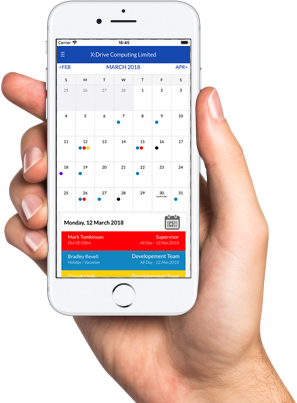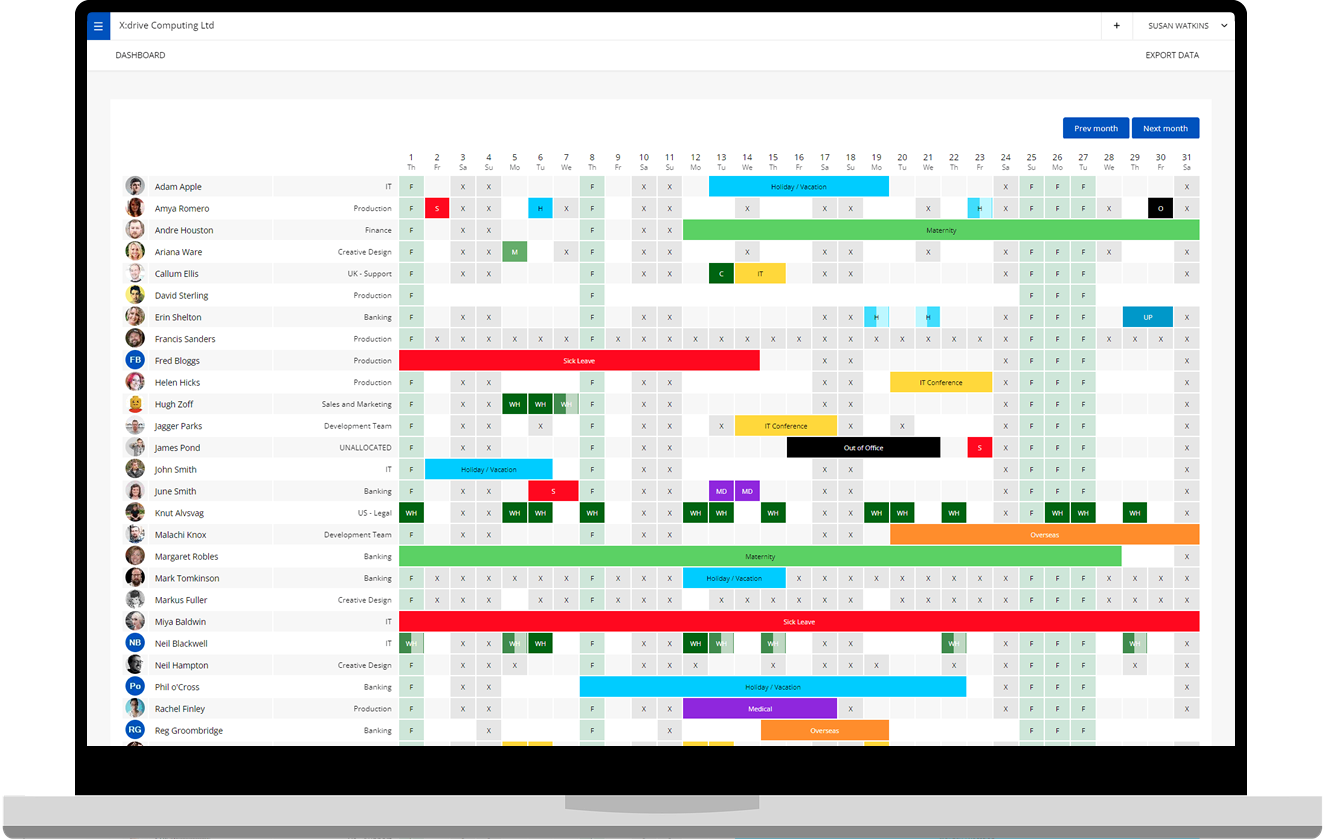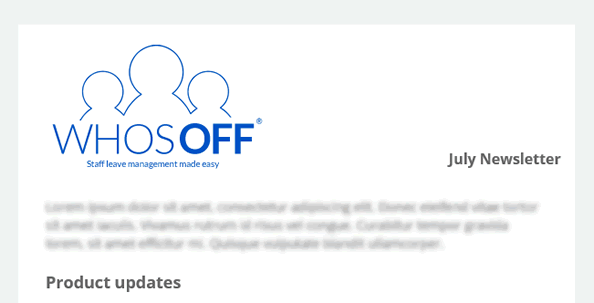Continued lockdowns and social restrictions are wearing most of us down – and the UK’s parents are at high risk of burnout. Home schooling and temporary nursery closures to control outbreaks of COVID-19 have left many struggling to balance their personal and professional lives. Some parents have already burned through their annual leave entitlement for this holiday year, trying to cope.
In order to ease the childcare burden, some companies are granting parents extra paid time off, so they don’t have to make up hours in the evenings or at weekends. But how can you offer parental leave in a way that doesn’t alienate other team members? And how can you give employees more days off without impacting business productivity?
The way you manage staff holiday could make a massive difference…
Furlough’s not an option for stressed-out parents
COVID-19 has changed the way we all live our lives, but for working parents it has increased day-to-day responsibilities. School and childcare closures have created a situation where people are being expected to educate and care for their children at the same time as working – and for many families, this simply isn’t sustainable.
Some parents have tried to make use of the government’s furlough scheme, requesting that their employers suspend their active employment until restrictions ease. However, 71% of working mothers have had furlough requests turned down by their employer, as their skills are needed at least some of the time.
With March 8th the earliest date on which English schools will reopen, and a phased return to in-person education likely, many firms are looking at more flexible ways to help working mums and dads reduce their responsibilities. Some organisations want to follow in the footsteps of countries like Germany, where pressurised parents are being offered additional paid time off to look after their families.
Helping overstretched employees with paid parental leave
While paid parental leave would provide a welcome relief to UK employees, it’s important that businesses consider how increasing holiday allowances will affect company performance.
At a basic level, it means staff are more likely to be requesting time off at short notice, and greater potential for multiple team members being off at the same time. To avoid calendar clashes and productivity problems, managers and HR personnel must coordinate the holiday calendar carefully – to see the exact impact of parental leave before granting time off.
Businesses using traditional systems like spreadsheets and email or paper requests may be leaving themselves open to costly mistakes. At the very least, granting too many people the day off will overburden those left in the (virtual) office. At the very worst, it can lead to missed deadlines and disappointed clients or customers.
How to stop parental leave impacting company performance
This simplest, most effective way to flexibly manage annual leave is to introduce an online holiday planner. Using digital software to manage staff holiday ensures that everyone’s leave is logged in the same place, and each team member can see who has time off before making a request.

Increasing visibility over holiday bookings will minimise disruption to business operations, while accommodating staff who need to take a break to home educate their children. And the smartest holiday planning software on the market will enable companies to review the impact of parental leave alongside other types of time off, such as annual leave bookings that are already in the diary, time off in lieu, and external meetings or training sessions.
Reacting to last minute requests
Coordinating paid parental leave doesn’t just require careful balancing of availability; many employees will want to take time off at the last minute, so the approval process needs to be responsive.
This is where an online holiday calendar comes into its own, as annual leave requests are controlled centrally - rather than employees logging individual email requests, which can easily get overlooked in a busy inbox. It also removes the need for a separate email chain of approval for each person, making time off easier to track and reducing back-and-forth communications.
Treating parents and non-parents equally in the workplace
While taking your holiday calendar online makes it easier to manage parental leave, there’s another challenge it can help companies to negotiate: how do you make arrangements fair for staff that don’t have school age children?
Staff management software enables firms to set individual annual leave allowances, and edit them during the year. So while it might not be appropriate for people with no dependents to take extra holiday right now, you can reward them later in the year with bonus days off, to even-up their total entitlement.
Reduce the burden of managing time off with WhosOff

Offering paid parental leave is a great way to show employees that you care about their wellbeing during the pandemic, and reduce the risk of staff burnout. However, it’s important that you manage additional holiday carefully, so it doesn’t compromise standards of service.
WhosOff is an online holiday planning platform, designed to take the time out of managing time off. Our software enables staff to take charge of requesting appropriate leave, empowers team leaders to review and approve requests as quickly as possible, and allows senior leaders to flexibly evolve holiday policies without alienating staff or jeopardising business performance.
Try WhosOff for free to enhance the way your company manages annual leave.
Photo by Andrea Piacquadio of Pexels.com

